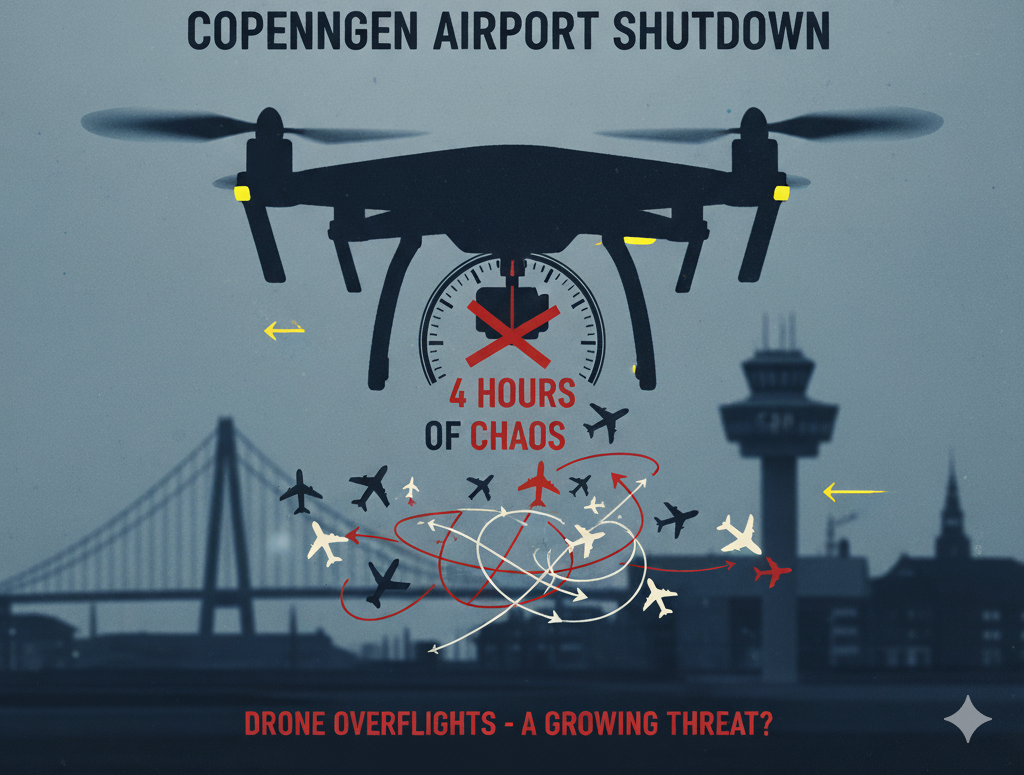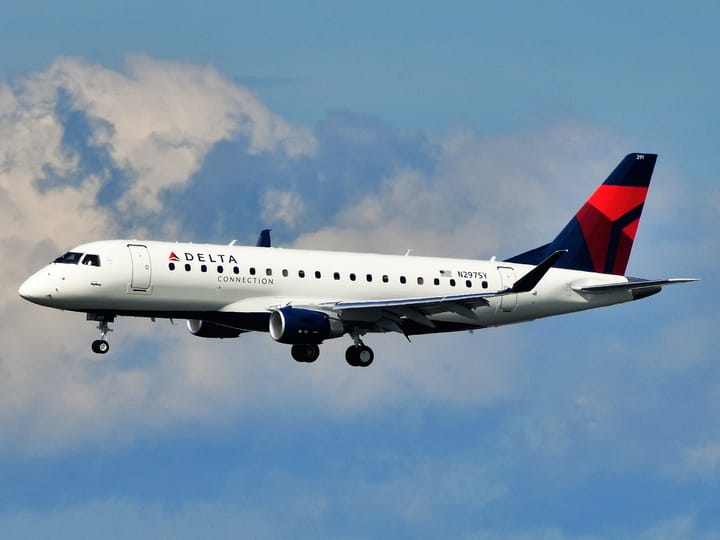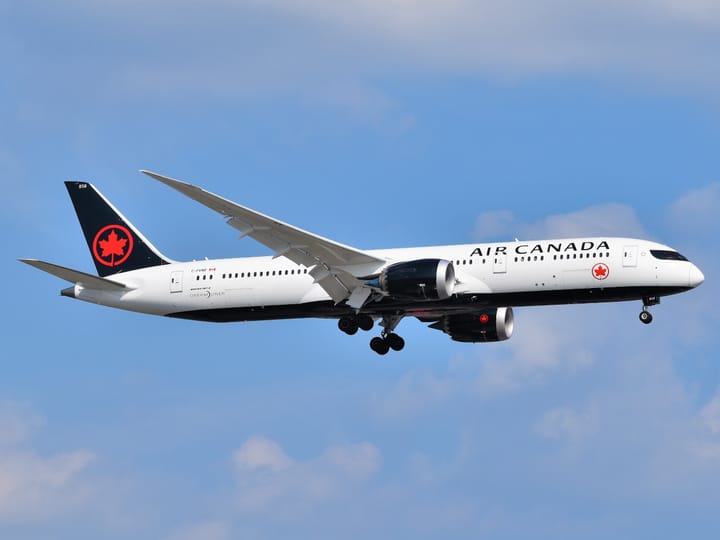Flight chaos grips Europe: 230+ cancellations strand thousands after cyber glitch
Over 230 flights canceled across Europe as a cyber disruption grounds check-in systems, leaving passengers stranded and airports in chaos.

Casual travelers hoping to jet off this weekend got a rude wake-up call - and not from an alarm, but from grounded check-in desks. Over two hundred and thirty flights have been cancelled across the UK, Belgium, the Netherlands, Ireland and Denmark, leaving thousands of passengers stranded and frustrated.
The blame? A cyber-disruption targeting check-in and baggage systems across multiple airports. Brussels, London Heathrow, Berlin, Dublin, and others felt the full effects of the outage, with some airlines forced to cancel or delay dozens of departures.
If you’re interested in exploring cybersecurity in aviation and understanding how incidents like this affect airlines and passengers, check out this blog: Cybersecurity in Aviation 2025
“We’re working by pen and paper now”
In Brussels, for example, airport officials asked airlines to cancel roughly half their departures (nearly 140 flights) between Saturday and Monday due to the system being unavailable. In London, queues wound through Terminal 4 at Heathrow, as staff were forced to resort to manual check-ins, handwriting boarding passes, and using backup laptops.
One traveler, stranded in Heathrow’s bills of waiting time, quipped: “It’s always crowded here - but today feels like they invited the entire city to come check in.” Another told reporters that KLM (the culprit airline in their itinerary) “couldn’t issue boarding passes digitally - they told us to collect them at the desk, like it’s 1990 again.”

What went wrong - and why it’s a big deal
The disruption is traced to Collins Aerospace, whose “MUSE” passenger processing software is used in many airports for check-in, boarding, and baggage handling. The company acknowledged a “cyber-related disruption” affecting select airports and said efforts are underway to restore full service.
Crucially, air traffic control and aviation safety systems were not compromised - only the front-end customer systems (check-in, bag drop) were affected.
What made the chaos worse, however, was how unevenly airports were able to cope. Some hubs, like Heathrow, fell back on handwritten boarding passes and backup laptops, while others simply canceled departures outright. Passengers described hours-long queues, missed connections, and “time-traveling” to the pre-digital age, underscoring how dependent modern aviation has become on a handful of critical IT systems.
Still, experts warn this is more than an “oops” moment. An immediate effect of such outages is severe: airlines may be unable to board passengers, locate baggage, reassign seats, or even communicate reliably.
Drones have also been affected in recent aviation disruptions, especially in Scandinavia. Copenhagen airport shut down for nearly four hours after suspected drone overflights, causing diversions and cancellations - possibly part of a pattern of growing pressure on air infrastructures.

Who’s affected ?
The cancellations have hit a broad swathe of carriers: British Airways, Air France, KLM, SAS, Brussels Airlines, and more. Many travelers bound for Europe or moving within the region now face either stuck passports or stranded stays.
The bigger picture
This isn’t the first time Europe’s skies have been rattled by non-aerodynamic forces. Since 2017, drones, cyberattacks, and system outages have exposed the aviation industry’s weak digital underbelly.
If nothing else, the chaos unfolding now is a stark reminder: in 2025, even a flight’s “check-in” can be the softest target.
Stay tuned for our news updates - because until these systems are back online, you could find yourself queuing with your suitcase in hand, staring at an empty check-in desk, and wondering if this whole ordeal is some kind of prank. To stay one step ahead, make sure to keep track of your flight with WhereFlight so you know exactly what’s happening with your departure.




Comments ()